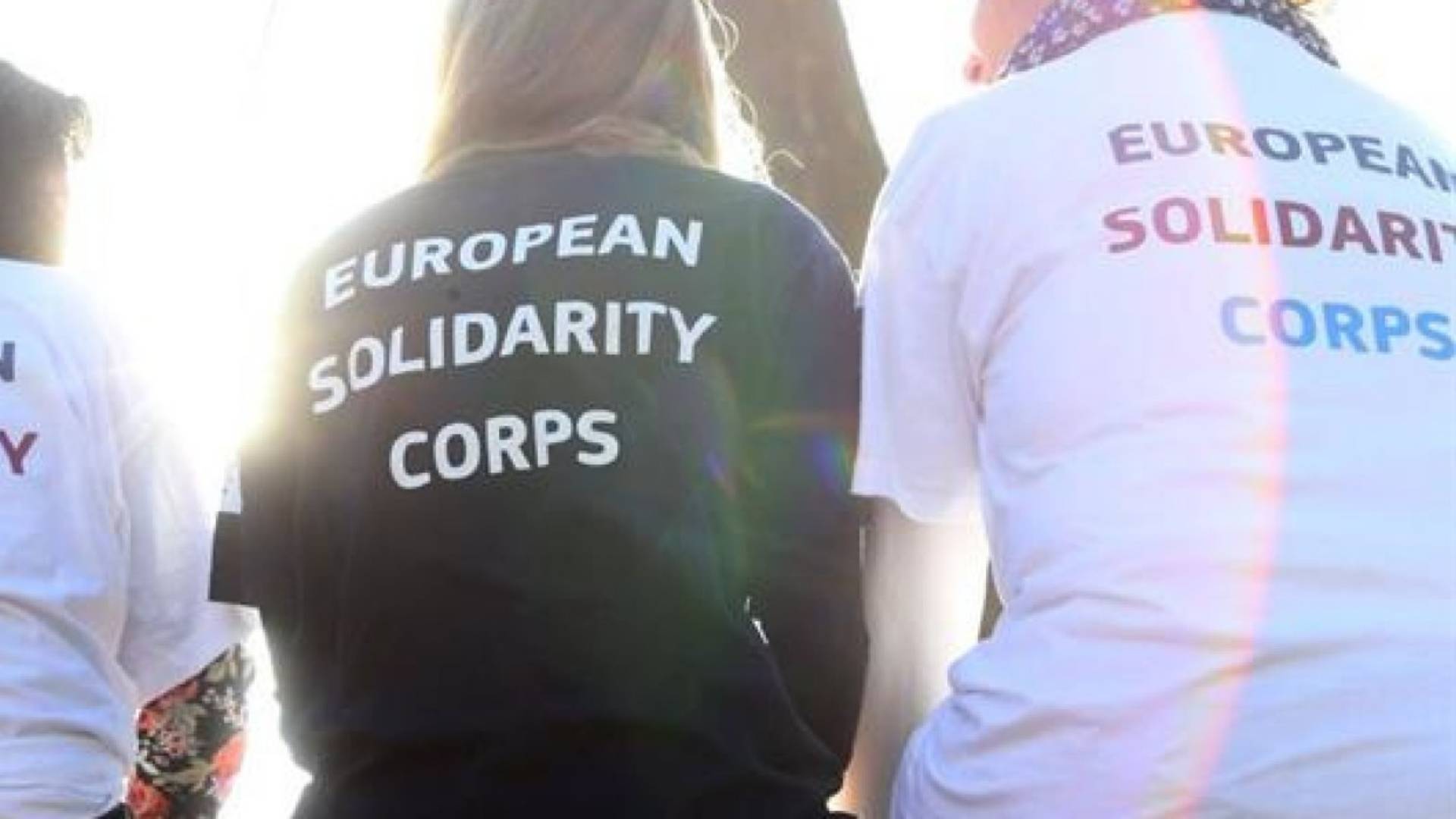Europe is YOURS
Internships in European Institutions and Agencies: how to apply and why you should
What if I told you that you could do a paid internship in Brussels or Strasbourg, working side by side with those who draft European laws? Every year, the institutions of the European Union and numerous European agencies open their doors to around 1,900 young people eager to take on the challenge. But how do you get started? Where can you find the calls for applications? How does an internship in these institutions actually work? Let’s clarify all these aspects together.
Institutions or Agencies? What’s the difference?
To choose which internship to apply for, it’s important for you to understand the structure and functioning of the institutions and the difference between them and the agencies. The European institutions are the central bodies of the Union, with main offices in Brussels (Belgium), Strasbourg (France), Luxembourg (Luxembourg), and The Hague (Netherlands). These bodies guide the legislative, political, and economic processes of the EU. The main institutions include:
- The European Commission, which proposes laws and monitors the application of treaties;
- The European Parliament, co-legislator, which represents the citizens;
- The Council of the European Union, co-legislator, where ministers from national governments meet.
Other key bodies include the Court of Justice, the Court of Auditors, the European Central Bank, the Committee of the Regions (CoR), and the European Economic and Social Committee (EESC), which actively collaborate in defining EU policies alongside the three main institutions mentioned above.
European agencies, on the other hand, are decentralized bodies located throughout Europe, specialized in technical or sectoral fields: from food safety to fundamental rights protection, from training to cybersecurity. Created to support the institutions with analysis, data, regulation, and operational assistance, some like Europol or EFSA also offer internships every year.
Why do an internship in EU institutions (or an EU agency)?
Doing an internship in an institutional environment is a valuable experience both professionally and personally. As you can imagine, interning in a place like the European Commission or the Parliament is very prestigious and will certainly add a special highlight to your profile. But above all, it allows you to gain a perspective that few have the chance to acquire: seeing from the inside the processes that regulate the lives of about 450 million European citizens. Acquiring such a perspective will help you move across many different work fields and, especially being immersed in a multicultural environment, you will learn to engage with colleagues from all European countries, communicating in different languages and discovering mindsets and approaches that unite us.
As the EU motto says: (we are) “United in diversity”!!
Furthermore, if you already have a specific field of interest, whether it’s rights, environment, economy, communication, or languages, there is surely an office, directorate-general, or unit dedicated to what you care about.
How do internships in European institutions work?
Generally, institutions and bodies (such as the EESC, CoR, etc.) publish two calls for applications per year, one for the summer session and one for the autumn session, and you need to apply well in advance (often up to 6 months before). Applications can be submitted through official channels unless explicitly stated otherwise. Candidates can create a profile, attach the required documents, and submit their application.
These processes can be tricky because you need to pay very close attention to details and requested documents. Since there are many applicants and the process is competitive, read all the information carefully to avoid being excluded due to a mistake or oversight! For many programs, it is possible to indicate departments, directorates-general, or areas of interest, often described in detail in the calls: again, read everything with extreme attention! Selections are competitive but transparent and well-structured. A tip? Start reading the calls, it will help you understand what they are looking for and how to build a strong profile.
If you want to apply for an internship in European institutions or agencies but feel a bit lost among calls, documents, and deadlines, know that you’re not alone! The university offers an International Desk dedicated to students, ready to guide you step by step through the application process, providing support in preparing your application and helping you navigate the various opportunities.






